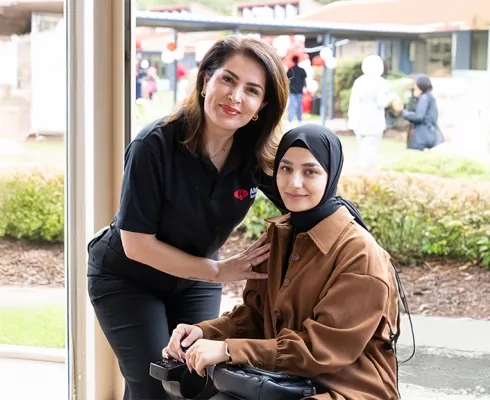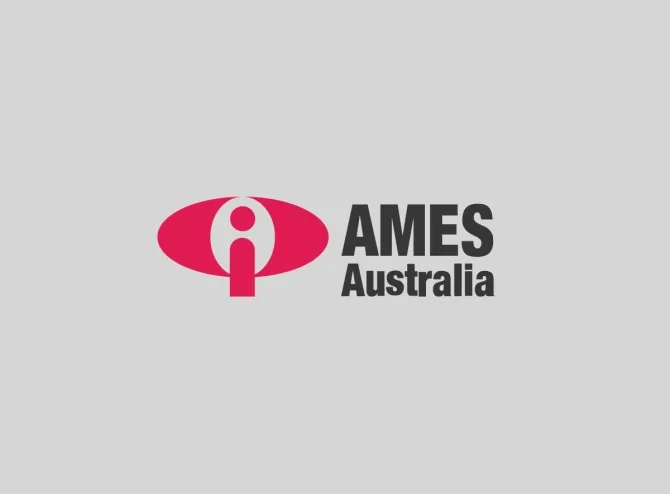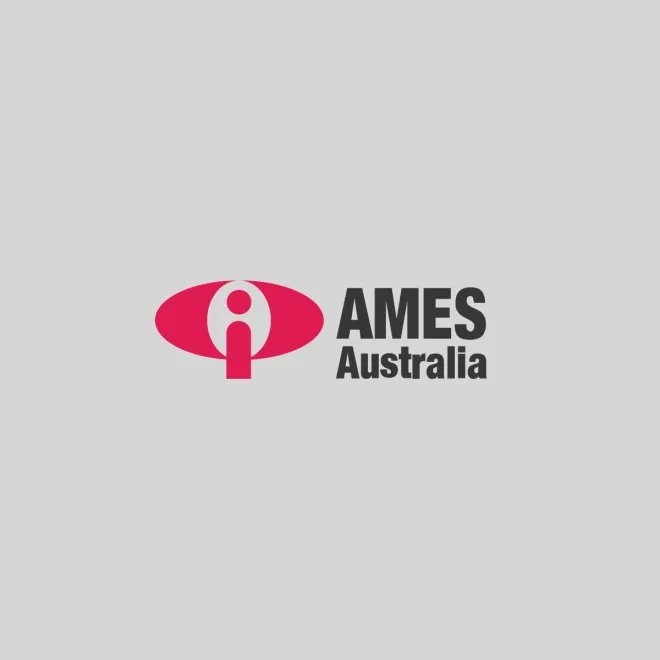What is the Coronavirus?
Coronaviruses can make humans and animals sick. Some coronaviruses can cause illness similar to the common cold and others can cause more serious diseases, including Severe Acute Respiratory Syndrome (SARS) and Middle East Respiratory Syndrome (MERS).
The virus seen in Wuhan, China is called ‘novel’ because it is new. It has not been detected before this outbreak. Most people infected live in, or travelled to, Wuhan, China. There have been cases of 2019-nCoV reported in other Chinese provinces and other countries. It is likely that the virus originally came from an animal, and there is now evidence that it can spread from person-to-person.
What Should AMES response be if a client/student is accessing AMES services and has returned from China recently?
In accordance with national public health guidelines and current information about the corona virus from the Commonwealth Chief Medical Officer and the World Health Organization, all persons who have visited Hubei province in mainland China are advised to stay home for 14 days after leaving Hubei – therefore staff, clients, students, volunteers or contractors must not attend AMES sites if they:
have visited Hubei province in the past 14 days; or
have had a close contact of a confirmed case of the coronavirus in the past 14 days.
What are the symptoms?
Symptoms include (but are not limited to) fever and cough, sore throat, or shortness of breath.
What do I do if someone has these symptoms?
If a student/client develops symptoms, then they should:
remove themselves from AMES premises and seek an urgent medical review
when possible, isolate themselves at home while waiting for results of the assessment
call a doctor or hospital ahead of time and tell them they may have novel coronavirus infection
tell the doctor’s clinic or hospital again when they arrive that they may have novel coronavirus infection.
If the student/client has severe symptoms, such as shortness of breath:
have the individual relocate to a private room or move all other clients, students or staff away from the individual, call 000 and request an ambulance
inform the paramedics that the student/client may have novel coronavirus infection.
Clients/students with symptoms should be excluded from attending AMES facilities until they are assessed by their primary medical care provider. The primary provider will liaise with the public health authorities to determine when it is safe for them to return to AMES.
If the client/student has fever, sweats, chills or shortness of breath, they must be excluded from services until they have been reviewed by a doctor and can provide a medical certificate advising that they are fit to attend AMES services.
How can I help prevent the spread of 2019-nCoV?
wash your hands often with soap and water before and after eating as well as after attending the toilet
avoid contact with others (including touching, kissing, hugging, and other intimate contact)
cough and sneeze into your elbow.
the case definition for a person suspected to have contracted novel coronavirus has been expanded
Any person who has an acute respiratory infection and has been in mainland China or has had close contact with a confirmed case of novel coronavirus in the 14 days prior to onset of illness should be tested for the infection.
As a precaution, people who have been in mainland China (excluding Hong Kong, Macau and Taiwan) are advised to self-isolate if they were in mainland China on or after 1 February 2020, when the risk of human to human transmission across many provinces of mainland China was identified to have significantly increased.
If a person who has been in mainland China on or after 1 February 2020 begins to feel unwell and develop shortness of breath, a cough or respiratory illness during the 14 days since they were last in mainland China, they should seek medical attention. They should call ahead to their GP or emergency department and mention their travel to mainland China.
It is important to remember that the advice from the Department of Health and Human Services is that Health authorities around the world believe the virus is spread from cases to close contacts, such as members of the same household.
The easiest way to protect yourself and your family is to pay attention to good hand hygiene and respiratory hygiene.
Cover your mouth and nose when coughing and sneezing with a tissue, or cough into your elbow, dispose of the tissue into a bin and then wash your hands afterwards. Wash your hands regularly, after using the toilet and before eating. Face masks are not recommended for use by members of the public for the prevention of infections like novel coronavirus.






